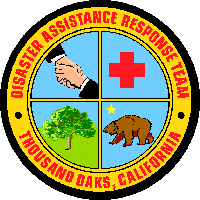This Valentine’s Day Share the Love, Not Your Information
Posted by the Stop.Think.Connect. Campaign
Like most holidays, Valentine’s Day has extended to the web. With the click of a button, you can deliver flowers and candy, make reservations at a romantic restaurant, or search for that special someone through an online dating service.
The Internet today has become an invaluable resource in both our personal and professional lives. However, as technology advances, so do the techniques cybercriminals use to gain access to our computer networks and personal information. If each of us becomes more aware of cybersecurity risks and implements a few simple steps, we can all make a big difference.
Below find tips from the United States Computer Emergency Readiness Team (US-CERT) on how to protect your personal information online.
- Be careful supplying personal information– Unless you trust a site, don’t give your address, passwords, or financial information. Look for indications that the site uses SSL to encrypt your information (such as the ‘s’ in ‘https’).
- Limit cookies– To make sure that other sites are not collecting personal information about you without your knowledge, choose to only allow cookies for the web site you are visiting and block or limit cookies from a third-party. If you are using a public computer, you should make sure that cookies are disabled.
- Do not use your primary email address in online submissions– Submitting your email address could result in spam. If you do not want your primary email account flooded with unwanted messages, consider opening an additional email account for use online.
- Avoid using debit cards for online purchases– Credit cards usually offer some protection against identity theft and may limit the monetary amount you will be responsible for paying.
- Devote one credit card to online purchases – Consider opening a credit card account for use only online. Keep a minimum credit line on the account to limit the amount of charges an attacker can accumulate.
Cybersecurity is a shared responsibility and we are all called on to ACT or Achieve Cybersecurity Together. For more information, please visit www.dhs.gov/stopthinkconnect.
